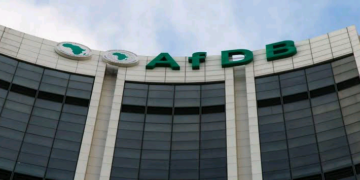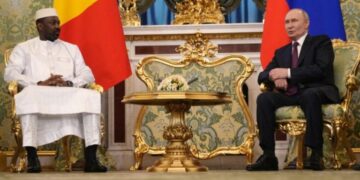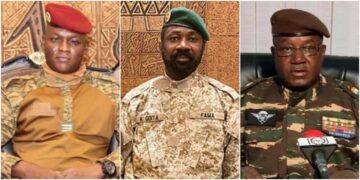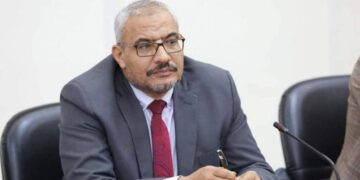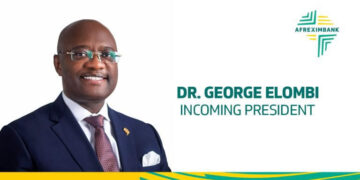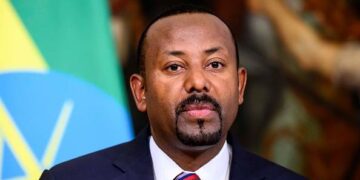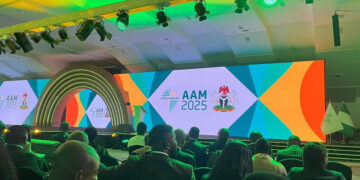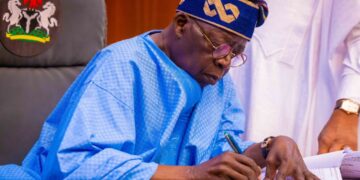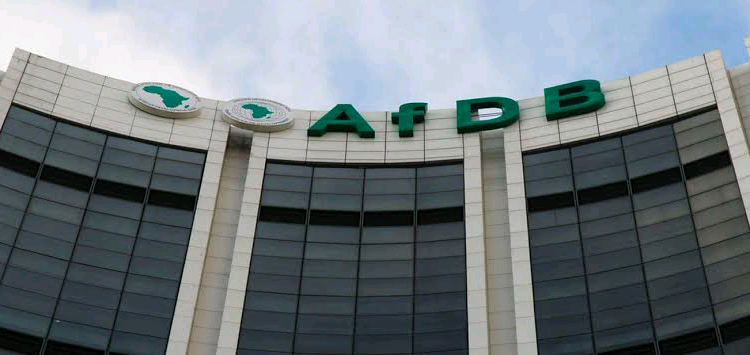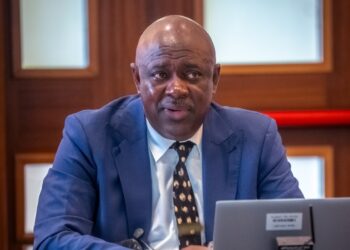By Lucy Adautin
The African Development Bank (AfDB) has urged Development Finance Institutions (DFIs) and partners to promote innovative collaborations for peace and security in Africa’s conflict-affected regions.
Marie-Laure Akin-Olugbade, Vice-President of the African Development Bank, made the appeal for peace during a session at the 79th UN General Assembly titled: ‘Investing in Prevention: Scaling up Peace – A Call to Action for DFIs’.
In the past 20 years, global conflict has increased, with one-fifth of Africa’s population now living in conflict-affected areas, posing a significant challenge to the continent’s future growth.
“Our goal today is very clear. We would like to mobilise institutions to prioritise peace building and through innovative partnerships and new financial mechanisms. This is a call for action,” Akin-Olugbade said in opening remarks.
The UN’s Summit of the Future’s New Agenda for Peace emphasizes the role of various actors, including DFIs, as peace agents. It calls for stronger partnerships and increased political and financial efforts, especially in fragile and conflict-affected countries, to prevent conflicts.
Mozambique’s Vice-Minister of Economy and Finance, Amilcar Tivane, highlighted the ongoing impact of a three-decade civil war in Mozambique, stressing the importance of conflict prevention.
Mozambique has developed innovative solutions to tackle the root causes of conflict, focusing on resilience-building and partnerships. The country is now launching a new peace initiative to rebuild affected tourism areas, particularly in the north, which faces challenges like terrorism and insurgency.
Issa Faye, Director General of the Islamic Development Bank (IsDB) said his institution’s blend of ordinary and concessional financing has been key to the successful financial support for 32 fragile African countries out of the 52 they support.
The IsDB has aided thousands of refugees through programmes to address skills gap, training and education, combining economic empowerment and food security.
Faye highlighted Islamic financing as a concept framing a lot of the institution’s programmes and stressed the need to find alternative financing which is dedicated, responsive and resilient.
Since 2021, UNCDF, alongside the UN Peacebuilding Fund, Burundi’s government, and UNESCO, has tackled instability and nature loss in Kibara National Park using a collaborative, blended finance approach with multiple partners.
Itonde Kakoma, Interpeace President, emphasized shifting from donor focus to peace investment hubs, connecting development finance with peacebuilding, and leveraging the private sector to foster safety, social cohesion, and achieve Sustainable Development Goals.
Elizabeth Spehar, UN Peacebuilding Support’s Assistant Secretary General, highlighted the importance of inclusion and DFIs like the African Development Bank. She praised the Bank’s emphasis on peace and security in its new Ten-year strategy (2024-2033), citing a joint pilot project with UNHCR in the Central African Republic combining peace and employment efforts.
Heritage Times HT reports that the African Development Bank has led efforts to address Africa’s fragility, building resilience through financial instruments like the Transition Support Facility and Private Sector Credit Enhancement Facility. Other participants included g7+, Asian Development Bank, WEF, UNHCR, and African Union Peace Fund.
“We’ve gone beyond theory and talk. We at the African Development Bank are interested in strengthening partnerships. We are not going to work in silos. We are looking forward to continuing this discussion at COP 29 and at the Africa Resilience Forum next year,” Akin-Olugbade said.
